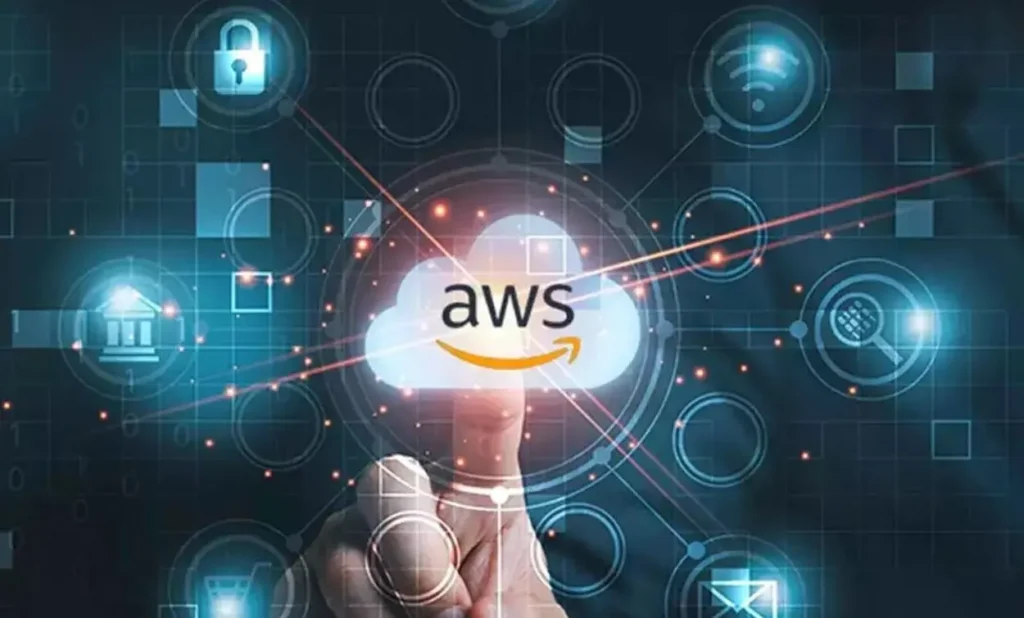
Amazon web services(AWS) has completely revolutionized the IT industry. From small startups to large enterprises, AWS provides secure, scalable, and cost-effective cloud solutions. That is impacting millions of applications around the globe. Most Organizations migrate their infrastructure to cloud, the demand is huge, the demand of AWS professionals is growing tremendously.
If you are planning to start AWS training, the first question might occur in your mind, “Do I need any prerequisites before I start learning AWS?”. This depends on your background and goals and what type of certification and career path you want to pursue.
In this article, we will explore the essential prerequisites for AWS training?
Which will guide you to succeed in your AWS learning journey.
1.Understanding of Cloud Computing
Before diving deep into AWS, we need to understand what cloud computing is and how it works. Cloud computing like storage, servers, databases, networking, and analytics .
There are three main cloud models:
- Laas (Infrastructure as a service) – Provides virtualized computing resources.
- Paas (Platform as a service): which offers development and deployment environments.
- Saas (Software as a service) _ offers software applications over the internet.
Understanding these basics helps us to understand how AWS operates and how its services fit into the IT industry.
2. Understanding Network concepts
Cloud platforms heavily rely on networks. AWS training often includes network-related things, a foundational understanding of the network will help you learn AWS concepts.
You need to know about:
- IP addresses and DNS (Domain Name System)
- Subnets, routing, and firewalls
- Load balancing and VPNs
These topics are important when comes to AWS services like Amazon VPC, Elastic load balancing, and route 53. If you already understand how data moves across networks, setting up and securing AWS infrastructure becomes much easier.
3 Basic understanding of Operating system
AWS supports both linux and windows operating systems. If you have basic knowledge of these platforms it is very useful.
You should know
- File systems and directory structures.
- command -line navigation
- User permissions and process management
For Linux, learn basic commands like cd, ls, sudo and chmod. For windows, understanding powershell basics can also help. Since most AWS servers run on Linux, Familiarity with it can give advantage during hands-on training.
4. Understanding virtualization and servers
Virtualization is the foundation of cloud computing. AWS uses virtual machines called EC2 instances to run workloads efficiently
Before starting AWS training, you should know
- What virtual machines are
- How hypervisors work (like Vmware or virtualBox)
- Difference between physical and virtual servers
This helps you to understand and grasp concepts of services like amazon EC2, Elastic Beantalk, and Auto Scaling, which are essential for cloud deployment and management.
5. Databases and Storage concepts
Most cloud applications depend on data storage and management. Having a basic understanding of data bases and storage systems helps you work with AWS services like Amazon S3, RDS, and DynamoDB more effectively.
You should know:
- The difference between SQL and NoSQL databases.
- How to create and query tables
- Basic of data backup and recovery
- This knowledge helps you to understand things like Amazon EC2, Elastic beanstalk, and Auto scaling. Which are essential for cloud deployment and management.
6 Basic Programing Knowledge
While you can learn AWS without programming. Having coding skills gives you an advantage for automation and DevOps roles.
Python, Javascript,or shell scripting are commonly used with AWS. knowing these helps you interact with AWS SDKs, Write automation scripts, and understand services like AWS Lambda, cloudformation and API gateway.
7. Understanding of IT Fundaments
Having IT knowledge lays the groundwork for any AWS professional. Understating how traditional IT systems work. It will become easy to visualize how they translate to the cloud.
You should understand concepts like:
- Servers and clients
- Networking topologies
- Hardware and software layers
- Security best practices
8 Problem solving and Analytical Thinking
AWS professionals are not just technicians. They are real problem solvers. When it comes to optimizing storage costs or troubleshooting deployment errors, critical thinking and analytical skills are required
AWS training often involves scenarios where you must.
- Identify the right service for a business requirement
- Troubleshoot resource or permission issues
- Optimize architecture for performance and cost
Having problem solving mindset can help you a lot trough out your aws professional journey
9 Awareness of security and compliance basics
Security is one of the top priorities in cloud computing, and AWS provides a robust set of security tools and services. Before AWS training, understanding basic cybersecurity concepts can help you better appreciate AWS’s shared responsibility model
- Encryption and decryption
- Authentication and authorization
- Firewalls and access control
- Data privacy and compliance
Aws is designed to be accessible to learners of all levels. Techpragna provides best and structured training for students and working professionals, who want to switch their career into AWS. for more information please visit to our website and contact to our course advisor


